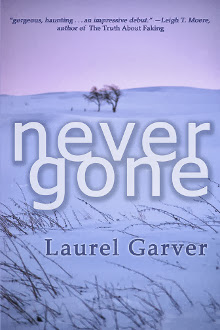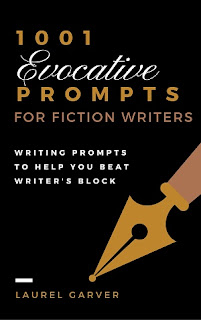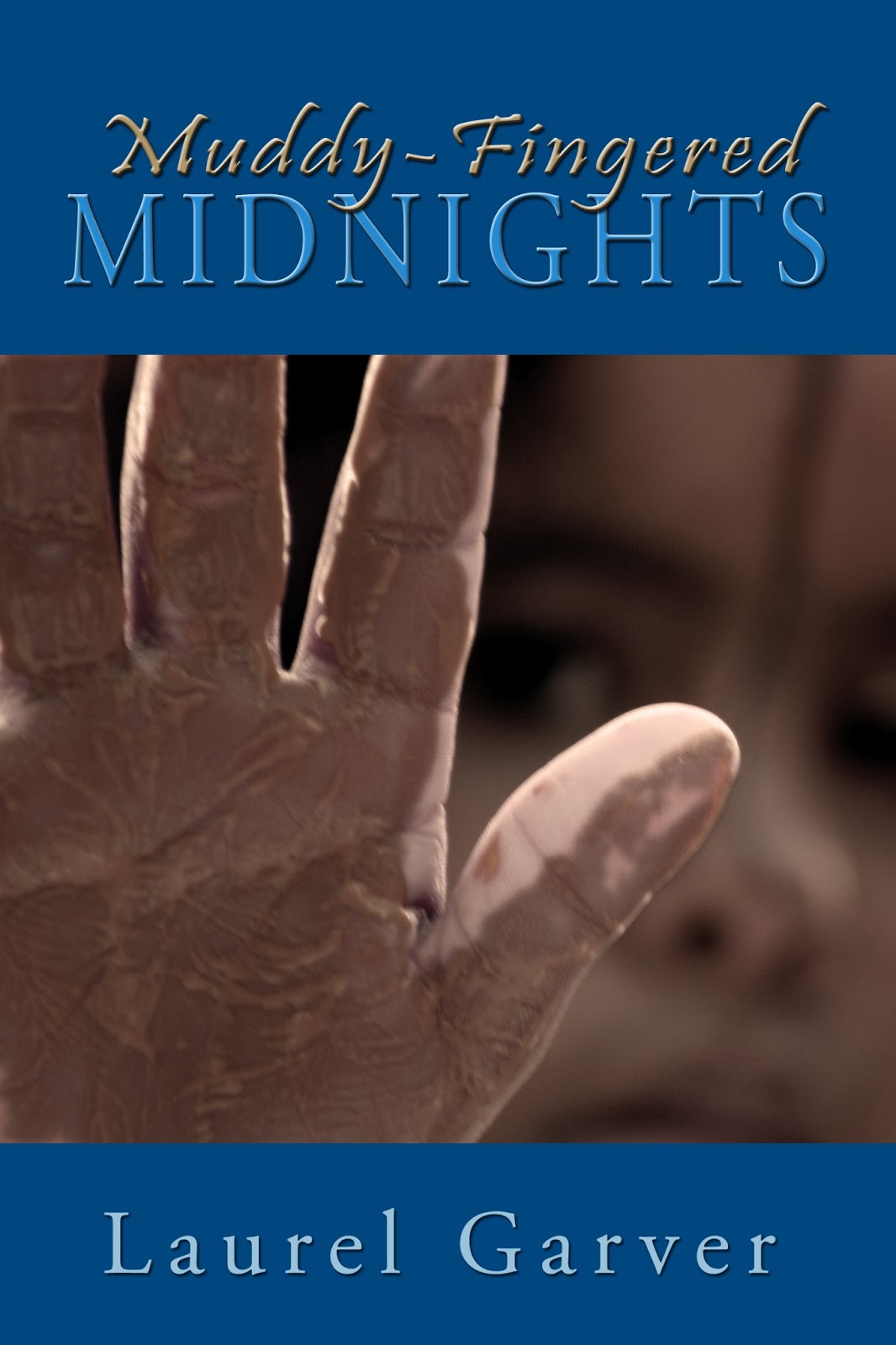I love my critique group. They're gifted and enthusiastic and most of all, thoughtful. They've given me the courage to take big risks in my writing, but they also won't settle for less than the best from me.
The manuscript I've been plugging away at diligently seemed to me to hit a bump in the "break into act 2" --that moment when the protagonist moves out of the known setting and into the unknown. When my group told me this scene wasn't really grabbing them, I had to agree. It wasn't grabbing me, either.
My character walks into the setting of a grandparent who hoards. And if you've ever seen more than one episode of Hoarders, you know there's something fascinatingly pathological about the phenomenon. But random piles of stuff stacked to the ceiling isn't actually that interesting to read about.
I needed to dig deeper. Because this grandparent is at the epicenter of a lot of family dysfunction. What he hoards (and how he hides it) needs to communicate information about the roots of his anxiety and how other family members were effected by it.
The more I've researched the psychology at play in this family, the more ideas began to suggest themselves. I have a better sense of ways to make this setting stand out, to communicate volumes with a few well-chosen details. Much of the research actually upended my understanding of this grandparent's inner workings.
If you find yourself at a loss about how to make a setting that matters, I suggest going deeper with your characters. Beyond the obvious. What drives them? What are their aspirations? How do they like to present themselves to the world? How divergent are their inner and public personas? What past wound to they expend energy hiding or compensating for?
One of the most powerful examples of a telling character/setting connection I can think of is J.K. Rowling's Dolores Umbridge. Everywhere she goes, she works hard to put forward an image of sweet femininity, dressing always in pink, wearing a girlish bow in her hair and speaking in a high-pitched childish voice. She decorates her public reception area in rose, puce, and petal, and prominently features frolicking kittens. She likes to appear tame and cute. What better disguise for an ambitious female in a chauvinistic world? She's every bit as ambitious and cunning (and sadistic) as the men around her, but she knows these traits are shunned in women. So she takes on an uber-feminine, uber-girly princess-and-tea-parties persona as a smokescreen.
Had Rowling made Umbridge a bit more like Miss Trunchbull in Roald Dahl's Matilda, she wouldn't be quite as chilling. And certainly not sophisticated enough a villain for as grand and mature a series as Harry Potter.
Go deeper in understanding your characters' psychology, and stand out settings and details will begin to suggest themselves to you, too.
In what books or films have you found the settings and details psychologically interesting? How might you pump up your work with details that play against expectation or serve as a smokescreen?
The manuscript I've been plugging away at diligently seemed to me to hit a bump in the "break into act 2" --that moment when the protagonist moves out of the known setting and into the unknown. When my group told me this scene wasn't really grabbing them, I had to agree. It wasn't grabbing me, either.
My character walks into the setting of a grandparent who hoards. And if you've ever seen more than one episode of Hoarders, you know there's something fascinatingly pathological about the phenomenon. But random piles of stuff stacked to the ceiling isn't actually that interesting to read about.
 |
| photo by Marcin Modestowics, morguefile.com |
The more I've researched the psychology at play in this family, the more ideas began to suggest themselves. I have a better sense of ways to make this setting stand out, to communicate volumes with a few well-chosen details. Much of the research actually upended my understanding of this grandparent's inner workings.
If you find yourself at a loss about how to make a setting that matters, I suggest going deeper with your characters. Beyond the obvious. What drives them? What are their aspirations? How do they like to present themselves to the world? How divergent are their inner and public personas? What past wound to they expend energy hiding or compensating for?
Had Rowling made Umbridge a bit more like Miss Trunchbull in Roald Dahl's Matilda, she wouldn't be quite as chilling. And certainly not sophisticated enough a villain for as grand and mature a series as Harry Potter.
Go deeper in understanding your characters' psychology, and stand out settings and details will begin to suggest themselves to you, too.
In what books or films have you found the settings and details psychologically interesting? How might you pump up your work with details that play against expectation or serve as a smokescreen?





















